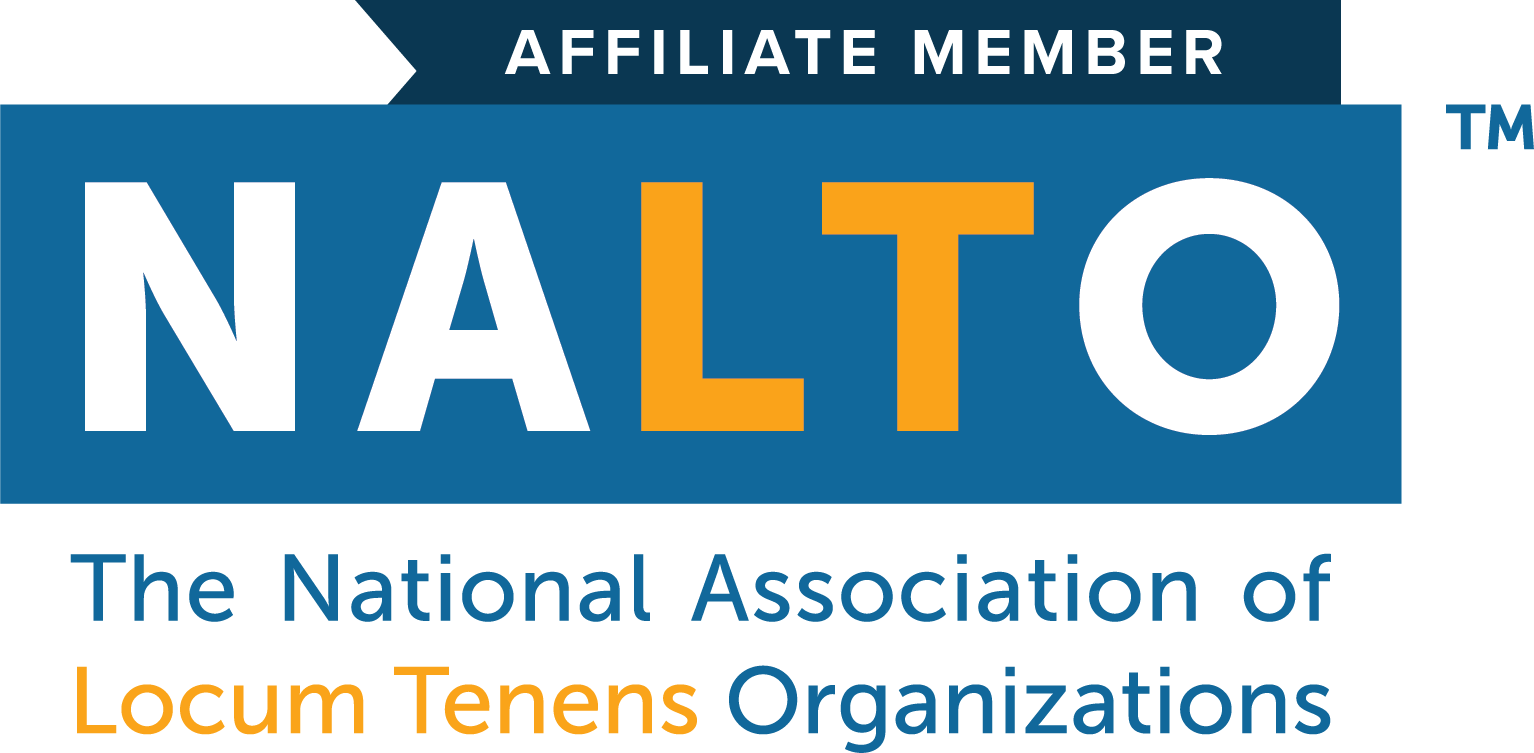REDUCING PHYSICIAN BURNOUT: A PROVIDER'S PERSPECTIVE
Mar. 14th, 2025 1:20 pm
Reducing Physician Burnout: A Provider's Perspective
Physician burnout isn’t just a buzzword—it’s a pressing concern affecting providers across all specialties. The emotional exhaustion, depersonalization, and loss of purpose that come with burnout don’t just impact careers—they affect patient care and the overall healthcare system.
The good news? Burnout isn’t inevitable. By recognizing the causes and embracing effective strategies, providers can protect their well-being and maintain a fulfilling career.
Understanding the Reality of Burnout
Burnout stems from prolonged stress and is often fueled by factors like:
-
Excessive workloads
-
Administrative burdens (like EHR documentation)
-
Limited autonomy in clinical decisions
-
Lack of work-life balance
-
Feeling undervalued or unsupported
It’s more than just “being tired”—burnout can lead to emotional detachment, decreased empathy, and even thoughts of leaving the profession altogether.
5 Provider-Driven Strategies to Reduce Burnout
1?? Set Boundaries for Work-Life Balance
It’s tempting to say “yes” to every shift or extra hour, but boundaries are key. Prioritize your mental health by:
-
Establishing clear start and end times for your workday.
-
Using time off for actual rest—not catching up on paperwork.
-
Saying “no” when your plate is full.
? Remember: Taking care of yourself isn’t selfish—it’s essential for long-term sustainability.
2?? Focus on What You Can Control
You can’t eliminate all stressors, but you can control how you manage them.
-
Simplify tasks where possible.
-
Advocate for better workflows or systems that reduce administrative burdens.
-
Lean on technology to streamline routine processes.
Small changes can reduce stress and create a stronger sense of control.
3?? Seek Peer Support
Talking with colleagues who understand the challenges can be incredibly validating. Consider:
-
Joining peer support groups.
-
Sharing experiences and solutions with trusted colleagues.
-
Connecting with mentors for guidance.
You're not alone—and peer conversations can provide both insight and relief.
4?? Prioritize Physical and Emotional Health
-
Get regular exercise—even short walks can ease tension.
-
Practice mindfulness or meditation to reduce stress.
-
Prioritize quality sleep.
-
Seek help if you're struggling. Therapy isn't just for crisis moments—it's for ongoing wellness.
5?? Consider Locum Tenens Opportunities
If burnout stems from feeling trapped, locum tenens work can offer flexibility and control. Providers can:
-
Choose assignments that align with personal goals.
-
Take breaks between contracts to recharge.
-
Experience diverse healthcare settings without long-term commitments.
Locum tenens allows you to craft a career that suits your lifestyle—on your terms.
How Employers Can Support Provider Well-being
While providers can take action, healthcare systems also play a key role. Employers can reduce burnout by:
-
Offering mental health resources.
-
Encouraging reasonable workloads.
-
Providing mentorship programs.
-
Creating a culture that values open communication and feedback.
Final Thoughts
Burnout doesn’t have to be the end of the story. By taking proactive steps and advocating for a healthier work culture, providers can find balance and purpose in their careers once again.
If you're considering flexible options to reignite your passion for medicine, Locums National can help. We’re dedicated to connecting providers with assignments that fit their needs—because your well-being matters.
Contact us today to learn more about how locum tenens can reduce burnout and bring joy back to your work.



